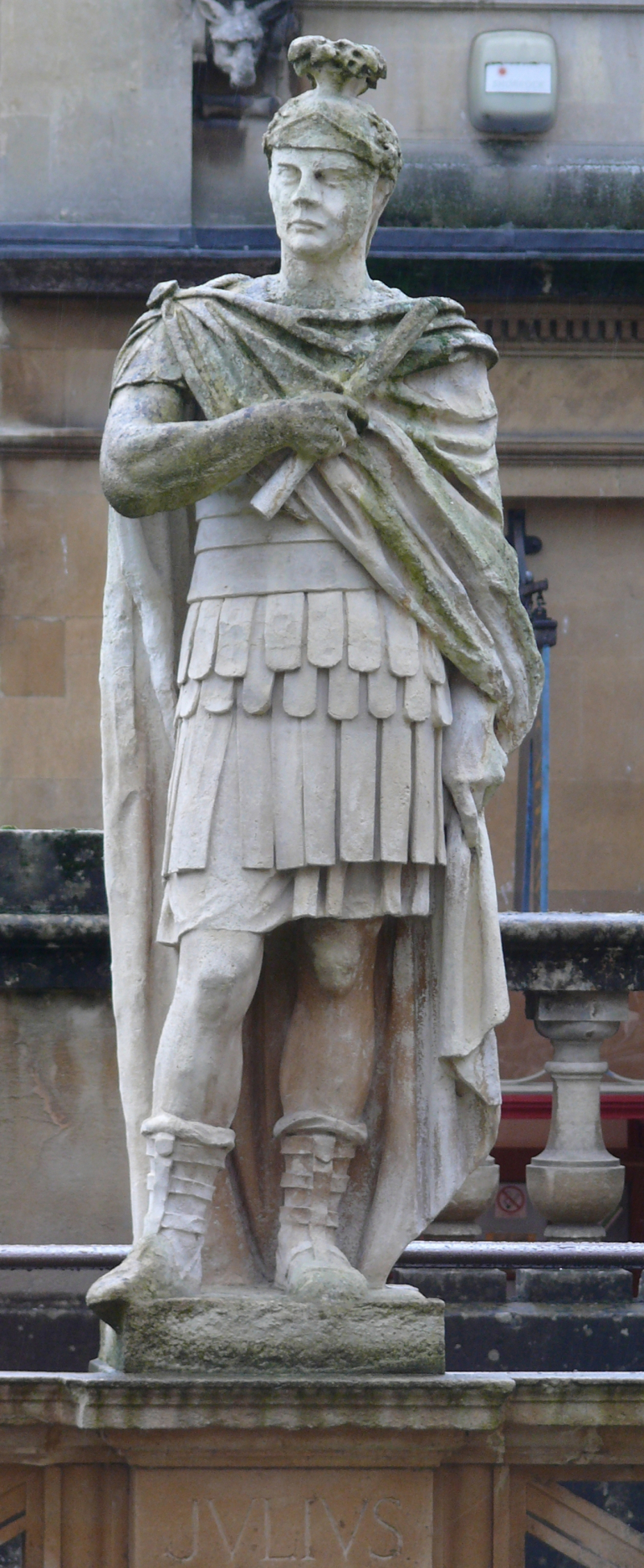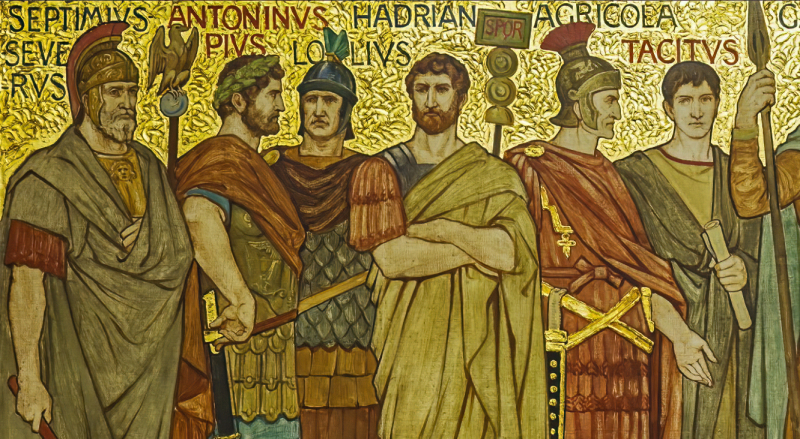Gnaeus Julius Agricola

Gnaeus Julius Agricola (13 June 40 – 23 August 93) was a Roman general and politician who was instrumental in the Roman conquest of Britain. Agricola, who was born into a senatorial family, began his military career as a military tribune under Governor Gaius Suetonius Paulinus. Later in his career, he held a number of governmental roles in Rome. He was appointed quaestor of Asia province in 64. He was chosen Plebeian Tribune two years later, and Praetor in 68. He backed Vespasian, the legate of Syria, in his bid for the throne during the Year of the Four Emperors in 69.
During the year of the civil war, Britain revolted, and Bolanus was a gentle governor. Agricola restored legion discipline and contributed to the consolidation of Roman control. Bolanus was deposed in 71 by a more active ruler, Quintus Petillius Cerialis, and Agricola was free to demonstrate his abilities as a commander in wars against the Brigantes in northern England.
When Agricola's command ended in 73, he was made a patrician and appointed to administer Gallia Aquitania. He stayed for nearly three years. He was recalled to Rome and made suffect consul in 76 or 77, and he married his daughter to Tacitus. Tacitus and Julia married the following year, while Agricola was nominated to the College of Pontiffs and went to Britain for the third time as its governor.
Agricola was declared a patrician and appointed governor of Gallia Aquitania when Vespasian became Emperor. He finished the conquest of what is now Wales and northern England as governor, and marched his army to the far north of Scotland, erecting forts throughout most of the lowlands. Emperor Domitian recalled Agricola from Britain in 85 after an exceptionally long tenure. He retired from the military and from public life after his return. Agricola died at the age of 53 on his family lands in Gallia Narbonensis in 93. Rumors arose that the death was caused by a poison provided by Emperor Domitian, but no conclusive evidence was ever proven.













